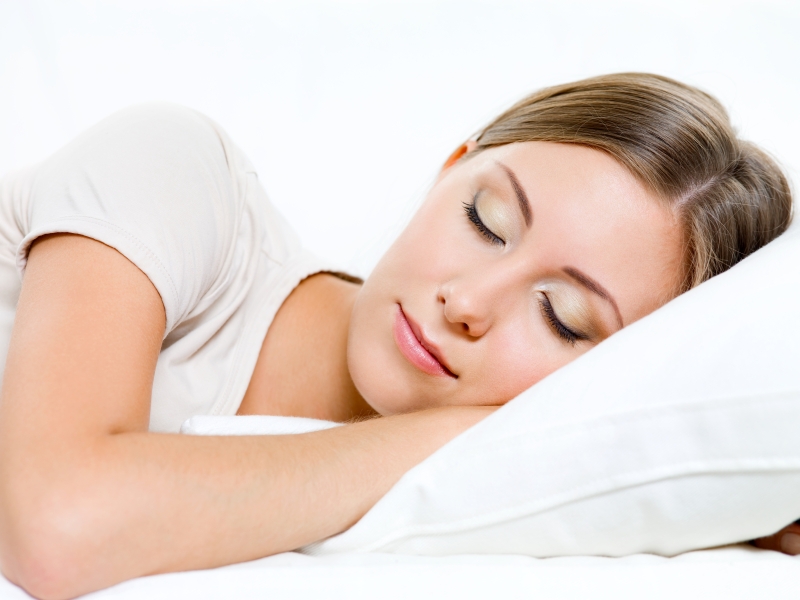On the weekend Kristy Buist and I attended a seminar by Cyndi O’Meara, from Changing Habits. She is an inspiring woman, nutritionist, researcher, educator and she has a passion to see all people make good lifestyle changes one habit at a time. If you ever get the opportunity to attend one of her courses or time to check out her website you will find much valuable, interesting and sometimes controversial information that you won’t hear elsewhere.
Anyway, she was talking mostly about nutrition but she also touched on sleep and it was a good reminder of our bodies need to be respectful of the night and day cycle and follow our body’s natural chemistry for optimum health. With Sleep Awareness Week in March and World Sleep Day on 14th March 2014 we thought it was time to discuss sleep a little more. After all, sleep is so important for our bodies to heal, recover and rest.
A brief reminder of how sleeps works. During the day and particularly in the morning blue rays are emitted from the sun which stimulate some hormones (dopamine and serotonin) levels which you need through the day for your wakeful time. Then as night time approaches, the darkness stimulates another hormone, (melatonin) which makes you feel tired and ready for sleep. Have you been camping lately where you are up with the sun and go to bed shortly after the sun goes down? In fact, diaries from the pre electric-light-globe Victorian era show adults slept 9-10 hours with periods of rest changing with the seasons in line of the sunrises and sunsets. But back to the 21st century. Now we have to content with lifestyles that often have us indoors for much of the day and then life continues long after the sun goes down with the lights turning on and the continual use of screens, TVs, tablets and phones.
So what can you do to ensure you are getting a good night’s sleep?
- Regulate your sleep times – try going to bed at a similar time every evening and get up at the same time every morning (as close to sunrise as possible to catch those early rays)
- Ensure you have enough hours in bed – most adults need about 8 hours sleep every night, however listen to your body and it’s requirements.
- Maintaining the bedroom as a place for sleep rather than entertainment – Leave electronic devices switched off in another room to avoid the temptation to check them before falling asleep and during the night.
- Have a good night-time routine – Create a relaxing wind down routine that avoids electronic devices
- Create the right temperature and atmosphere for sleeping – a dark, quiet bedroom room with good temperature control
- Avoid alcohol and stimulants such as caffeine (tea, coffee and soft drinks) and cigarettes before bedtime
- Avoid daytime naps – sometimes sleeping during the day can make it more difficult to sleep at night. If you do have a nap, keep it to a limit of thirty minutes (unless you are a new mother – then sleep as long as you can while you can!)
- Maintain regular meal times – your eating habits are closely linked with your sleeping habits and are all controlled by your body’s circadian rhythm. Consistency will help re-establish your body’s clock
- Seek professional help – if your sleeping patterns do not improve with these recommendations, then you may benefit from seeking further help from your GP.
Article written by Dr Melanie Woollam (Osteopath)
References:
Australasian Sleep Association. www.sleep.org.au
Sleep Health Foundation. www.sleepfoundation.org

